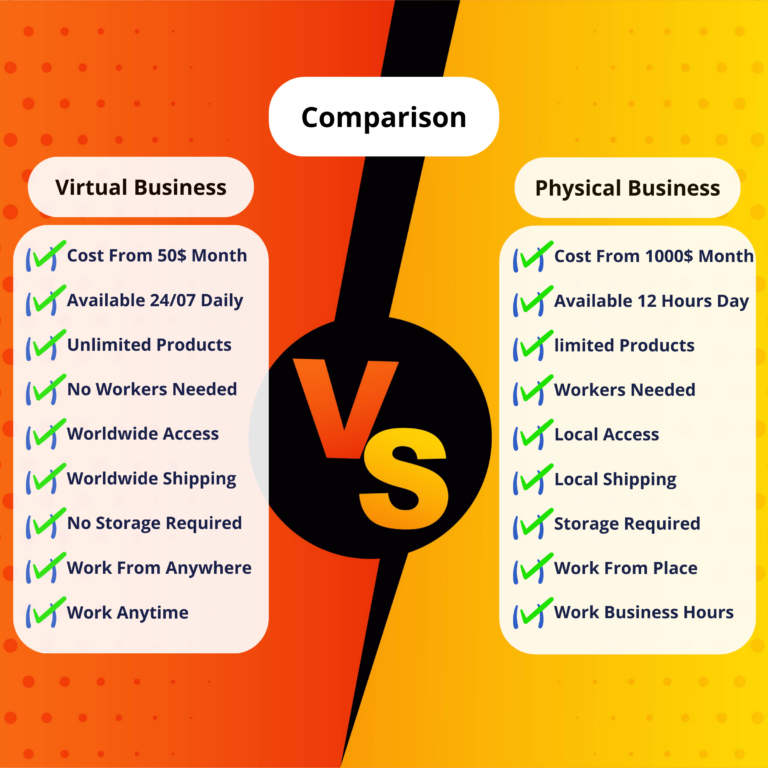The importance of educational sites and online courses in the digital world
Education websites are transformative platforms that contribute significantly to business growth by providing a virtual space for learning. These websites facilitate the delivery of online courses, empowering individuals to acquire new skills and knowledge. For businesses, this means an expanded reach, increased brand authority, and a dynamic avenue for offering educational products and services.
In the dynamic landscape of education, online platforms have emerged as game-changers, bridging the gap between learners and knowledge providers. Education websites are not just repositories of information; they are engines of growth for businesses looking to make a significant impact in the realm of online learning.
1. Global Reach and Accessibility: One of the primary ways education websites contribute to business growth is by breaking down geographical barriers. Institutions and educators can reach a global audience, transcending traditional limitations. This expanded reach not only attracts a diverse student base but also positions the business as a global player in the education sector.
2. Diverse Course Offerings: Education websites allow businesses to diversify their course offerings. From academic subjects to professional development courses, the versatility of online learning platforms caters to a wide range of interests and needs. This diversification not only attracts a broader audience but also positions the business as a comprehensive source for learning and development.
3. Brand Authority and Credibility: Hosting online courses on a dedicated education website enhances a business’s credibility and establishes it as an authority in its field. Learners are more likely to trust and invest in courses offered by a reputable online platform. Positive reviews, testimonials, and successful student outcomes contribute to building a strong brand image in the competitive education market.
4. Seamless Ordering and Learning Experience: Education websites provide a seamless process for customers to order and access online courses. The user-friendly interfaces, secure payment gateways, and well-designed learning management systems make the entire experience convenient and enjoyable. This not only attracts new customers but also encourages repeat business and positive word-of-mouth referrals.
5. Data-Driven Insights and Personalization: Through advanced analytics, education websites can gather insights into learner behavior, preferences, and performance. Businesses can use this data to personalize the learning experience, tailoring courses to meet specific needs and ensuring a higher level of student engagement. This data-driven approach contributes to continuous improvement and innovation in course offerings.
6. Scalability and Cost-Efficiency: For businesses, education websites offer a scalable model for growth. As the demand for online courses increases, the platform can expand its offerings without significant infrastructure costs. This scalability, combined with the cost-efficiency of online education, provides businesses with a sustainable and profitable model for long-term growth.
In conclusion, education websites are not just conduits for knowledge; they are strategic assets for businesses aiming to thrive in the digital education era. By leveraging global reach, diversifying course offerings, establishing brand authority, providing a seamless learning experience, and embracing data-driven insights, these platforms empower businesses to grow, innovate, and make a lasting impact on the education landscape.







